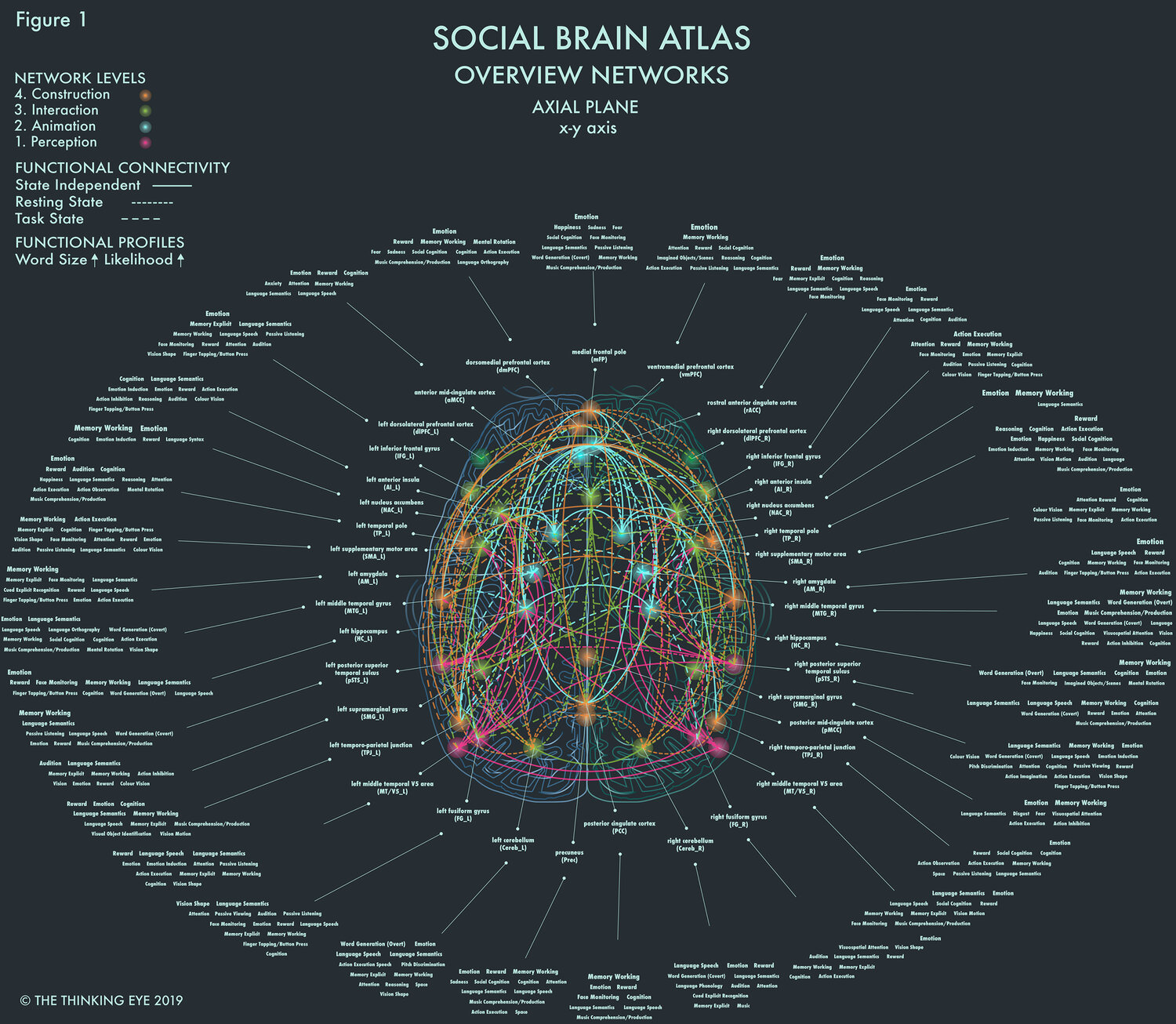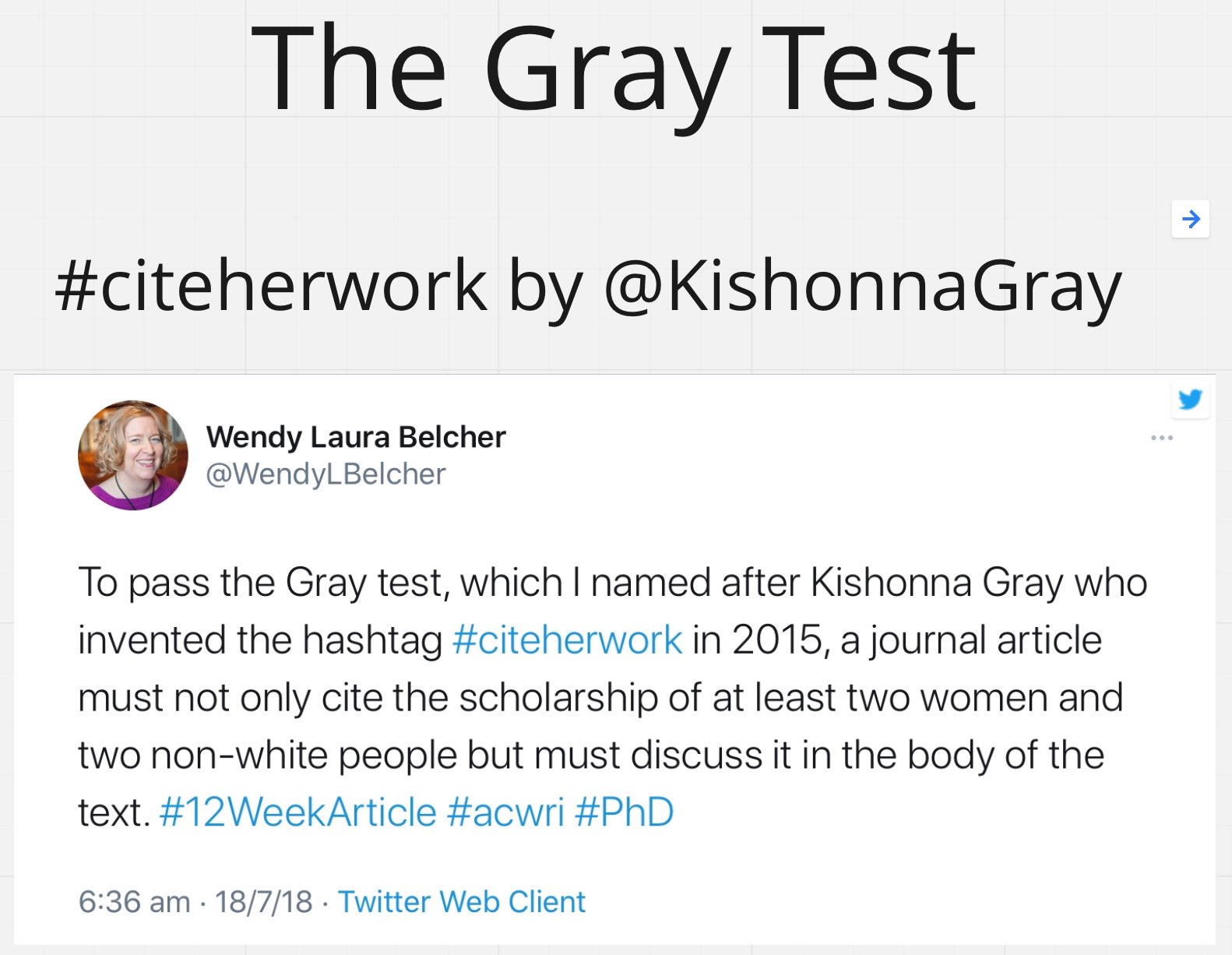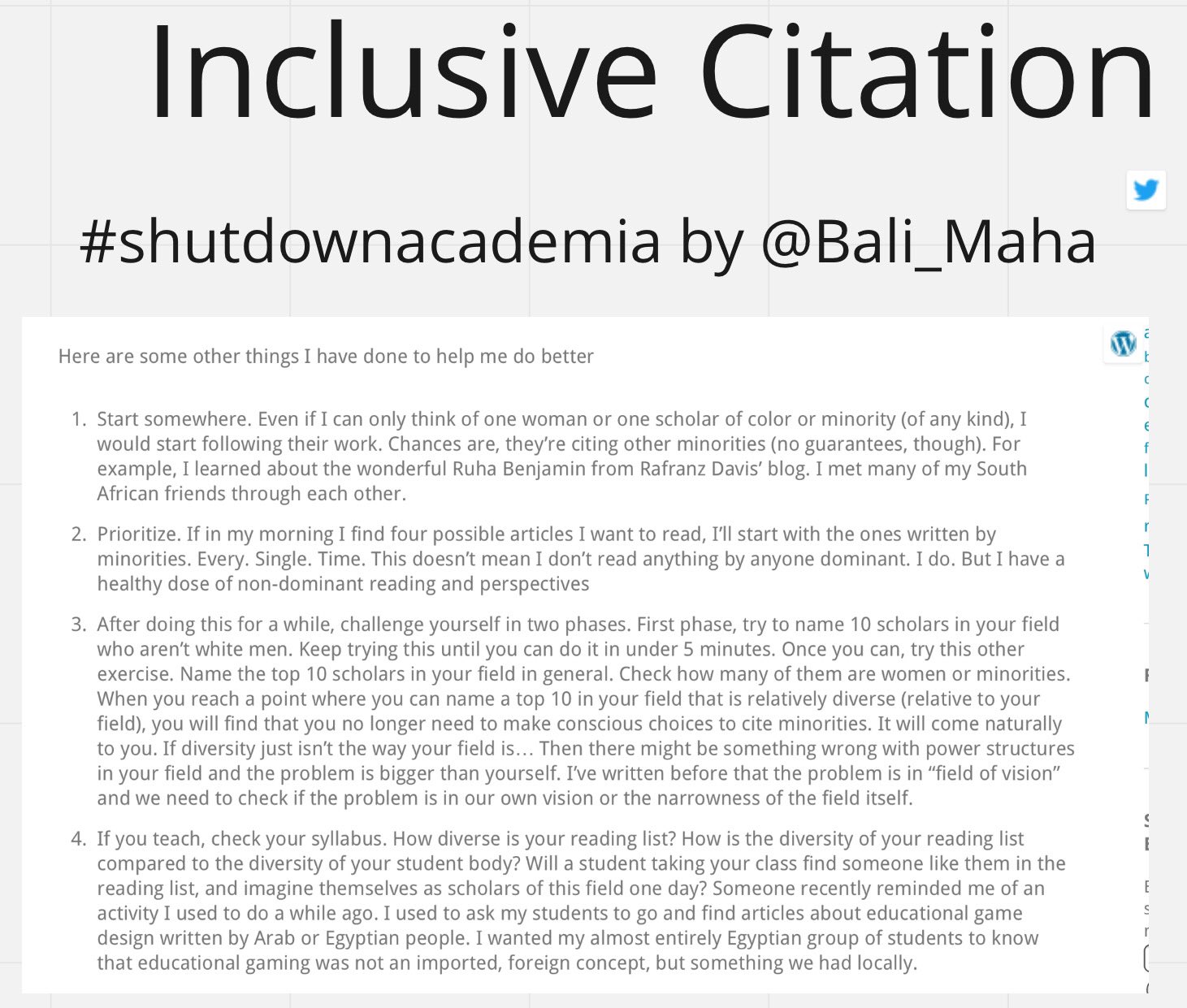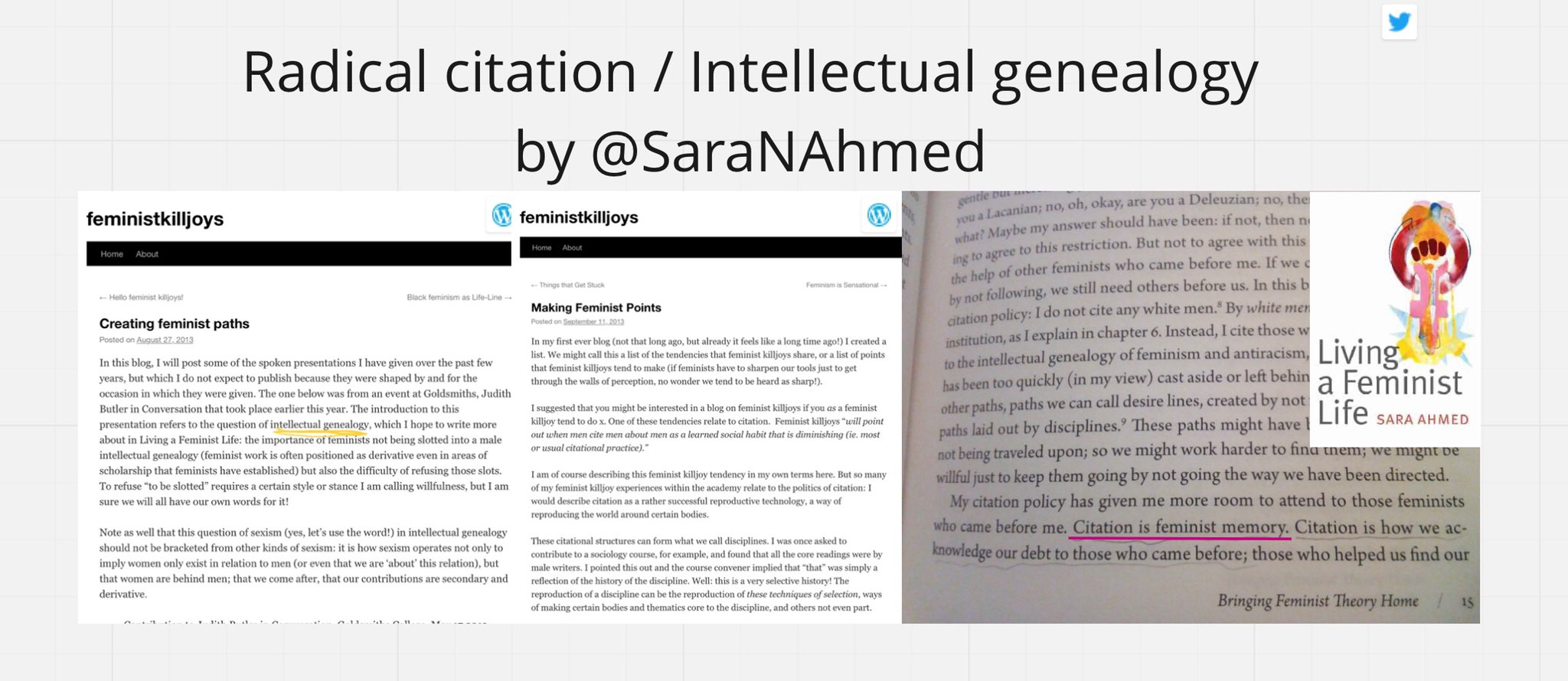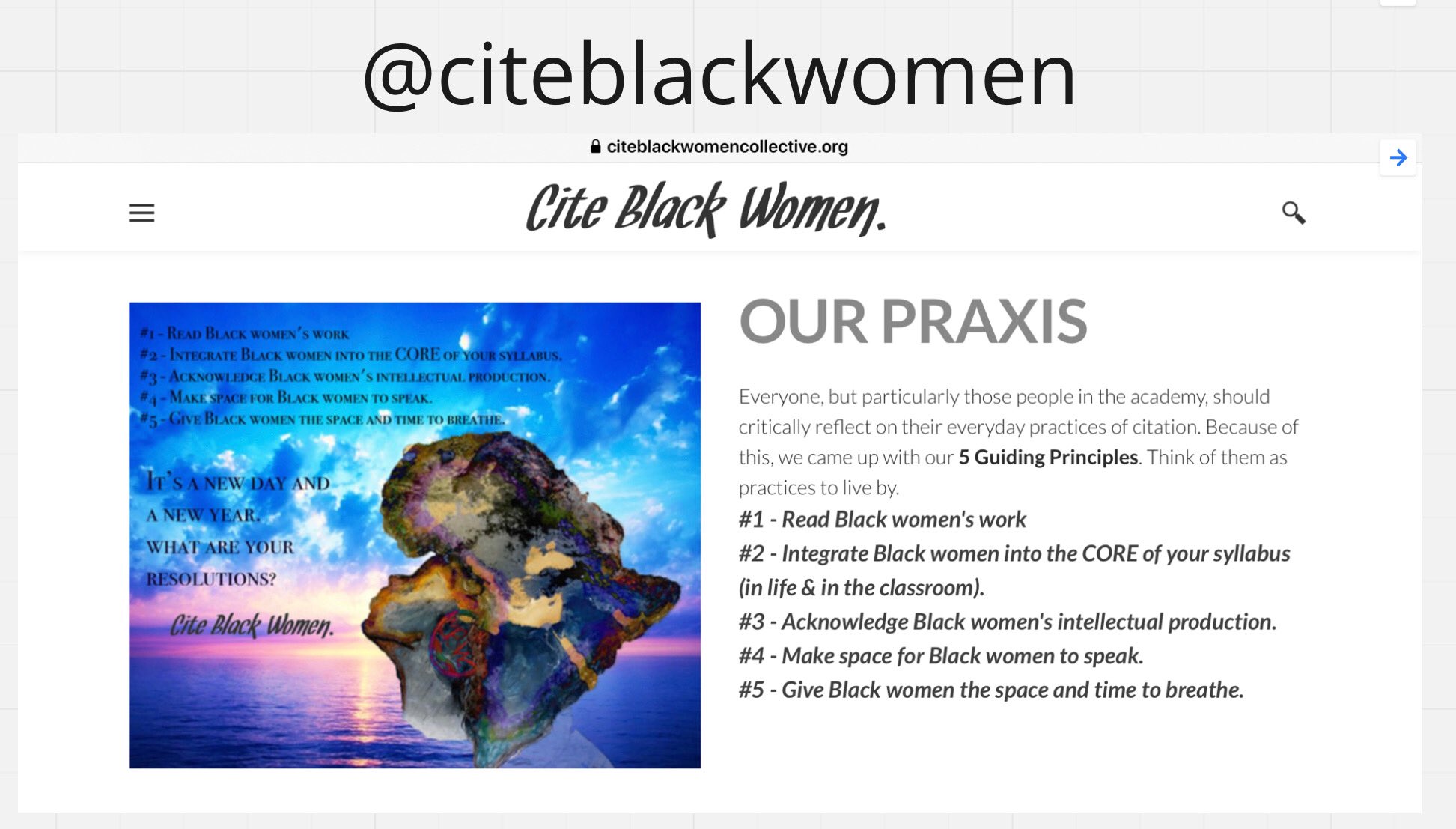“...you might be wondering what on earth any of this has to do with Creative Commons. Well, if we’re going to share knowledge and creativity together online, in ways that will be actually useful for the future, we can’t keep repeating the same old colonizer’s mistakes. So many of our stories are still missing, not just our own lives or school books, but also on the internet that we are creating and curating together. Over half of the world is online today, finally. And three-quarters of these digital folks are from the Global South. Nearly half of the world’s women are also online. We know that our kids will learn about the world by searching the internet. Whose knowledge will they find there? The internet knowledge today doesn’t yet reflect the rich diversity of the world. Let’s take Wikipedia, the fifth most visited website in the world as a proxy for the internet’s knowledge. Most of the people who write Wikipedia are still white men from North America and Europe. Only one in 10 of Wikipedia’s editors are women and fewer are trans or non-binary. And because who you are has an impact on what you create, Wikipedia’s content also reflects these gaps. Every episode of the Simpsons has a Wikipedia article, for example. Military history, also pretty good. Coverage of female porn stars, also decent. Yeah, but we’re still missing tons of biographies of Brazilian women scientists or activists. And it’s not just Wikipedia that has this problem. Many of the conversations in the commons about open access research or free and open licensing so far, have been driven by people who don’t look like us.
– Adele Vrana & Siko Bouterse (28:15-30:12)
“After colonization and slavery, can you trust that the knowledge commons will respect you, your image, and history? Would they ask for your consent first? Will they consider changing their open policies to protect and center you? Or, are you the only one who has to change?
– Adele Vrana (31:10-31:30)
“And through colonization, you’ve seen just how many of the things you protect and share or stole from you by the colonizers, time and time again. Do you think you trust the open movement to do something different with your knowledge this time around? Does the idea of public domain, which makes some knowledge suddenly available to everyone everywhere on this planet on a random date make any sense to you and your community at all?
Siko Bouterse (31:58-32:29)
*“How have I benefited from colonization, racism, or simply just maintaining the status quo?
What from my own past do I choose to carry forward and what should I let die?
Whose knowledge is still missing and what can I do to support and honour the people who can best fill those gaps and silences?
What kind of ancestor do I want to be?*
– Adele Vrana & Siko Bouterse (33:59-34:21)

